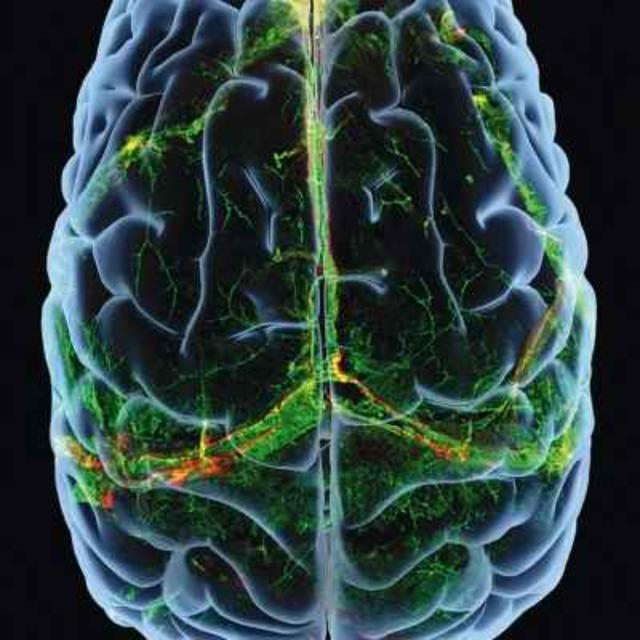
Low doses of lysergic acid diethylamide (LSD) increase reward-related brain activity
Episode description
Psychedelic drugs have received attention recently for their potential use as treatments for psychiatric disorders. Single, high doses of LSD have shown promise for treating depressive disorders. But there’s another way in which people have been using LSD, and it’s what’s known as micro-dosing, taking LSD at below noticeable levels, where it doesn’t seem to have a psychedelic impact—but users say it does in fact have an impact on their overall sense of well-being.
This is just what Harriet de Wit, University of Chicago professor in the department of psychiatry and behavioral neuroscience, wanted to study. Dr. de Wit partnered with James Glazer, a postdoc in psychiatry at Northwestern University.
Read their full study here: Low doses of lysergic acid diethylamide (LSD) increase reward-related brain activity | Neuropsychopharmacology (nature.com)
Hosted on Acast. See acast.com/privacy for more information.
